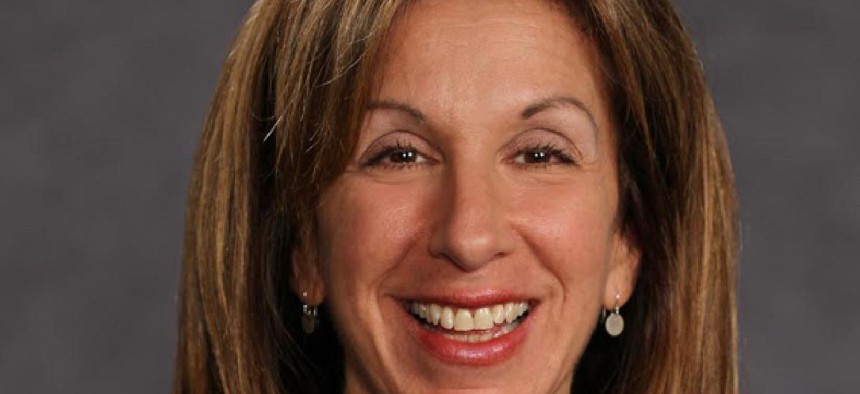Survey says: It’s time to make sustainability a priority

A national survey of nonprofit leaders and executives undertaken by our accounting, tax and advisory firm has validated what many of you probably already know – nonprofits nationwide are struggling to serve more people with fewer resources.
Marks Paneth’s Nonprofit Leadership Pulse survey reached 371 CEOs, executive directors, presidents, CFOs and board members across a wide range of organizations within the nonprofit sector and showed that many nonprofits have experienced an increased demand for their programs and services and have expanded services to meet that demand. The truth is that organizations are not only now serving more clients than ever before, but they are also offering more services per client. And, as the demographic profile of their expanded client base has changed, nonprofits are responding by expanding services to new target populations.
Nonprofit leaders are also concerned about the long-term financial stability of their organizations. They have made great efforts to close funding gaps, but a substantial portion of them say they are still unable to meet the increased demand for services.
In fact, when we talk to nonprofit leaders and ask them to name their most pressing challenge, a significant number of them say that achieving long-term financial stability is one of the tougher issues facing their organizations. Obviously, it’s important that nonprofit leaders are able to readily identify programs that generate positive cash flows. The long-term financial stability of nonprofit organizations will require engaging disciplined leaders who have keen financial acumen and are focused on mission-critical programs that generate funds.
Clearly, if funding sources change, fundraising too must change. The first place to focus is tracking donors and building programs to retain them. Partnering with corporations is another place to focus. A growing number of corporations are building social responsibility programs into their mission. Partnering with these businesses offers many benefits to nonprofits, such as sharing expertise, implementing employee monthly giving programs and matching programs. Technology also offers creative new ways to raise funds.
The reality is that our economy hasn't fully recovered from the recession and neither have nonprofits. Food banks are still overwhelmed; arts organizations are struggling to mount the next performance; and entities serving low-income families scramble to provide basic treatment, shelter and care.
That said, many nonprofits with endowments are starting to see those endowments rebound, which is having a positive effect on donors, who are increasing their contributions. That’s why now may be a good time to think about starting a capital campaign, especially if infrastructural repairs are needed.
But even with the slow recovery, I think the future is bright for those that make sustainability part of their DNA. Regardless of the rough patches that may arise when the economy is weak, sustainability should be a top concern on every leader’s mind. A nonprofit needs to strategically plan to sustain itself over the long term and ensure the preservation of its ability to fulfill its mission.
Hope Goldstein, CPA, is co-partner in charge of the Nonprofit and Government Group at Marks Paneth LLP. For more than 20 years she has provided accounting and auditing services to her clients in the nonprofit, higher education and public sector industries.
NEXT STORY: Food and friendship should never be a luxury